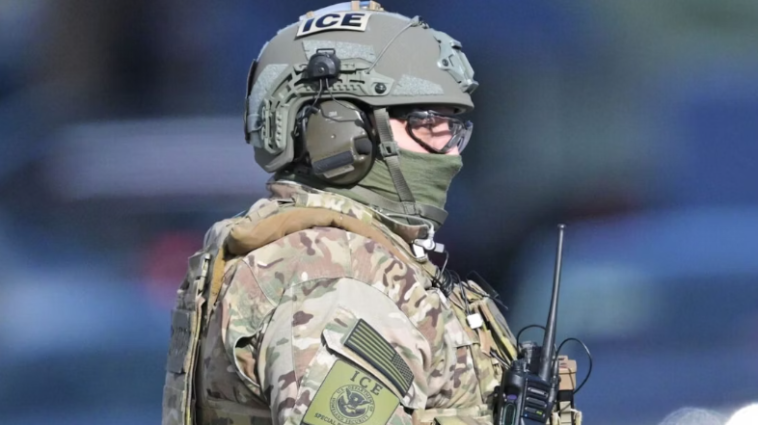In the initial 18 days of President Donald Trump’s administration, U.S. Immigration and Customs Enforcement (ICE) reported the arrest of approximately 11,000 individuals residing illegally in the United States. This surge in enforcement aligns with the administration’s commitment to intensify immigration control efforts.
Among those apprehended were individuals with criminal backgrounds, including affiliations with gangs and cartels. Notably, Fernando Vasquez-Mendoza, a previously deported Mexican national and alleged hitman for the Gulf Cartel, was detained in the Rio Grande Valley, Texas. Additionally, Cristian Jose Concepcion-Manrique, identified as a member of the Venezuelan gang Tren de Aragua with a prior assault conviction, was arrested after illegally entering the U.S. through El Paso in December.
The significant increase in arrests has strained ICE’s detention capacity, which is designed to hold 41,500 detainees. To manage the overflow, the agency has taken over four federal prisons to expand detention space. Plans are also underway to reopen family detention facilities and utilize Guantanamo Bay to house dangerous illegal migrants, with an aim to increase capacity to 30,000 detainees.
This escalation in enforcement has elicited varied responses. Supporters argue that stringent measures are necessary to uphold immigration laws and ensure public safety. Critics, however, express concerns over the humanitarian implications and the potential for civil rights violations. The administration’s approach underscores the ongoing national debate over immigration policy and enforcement practices.


